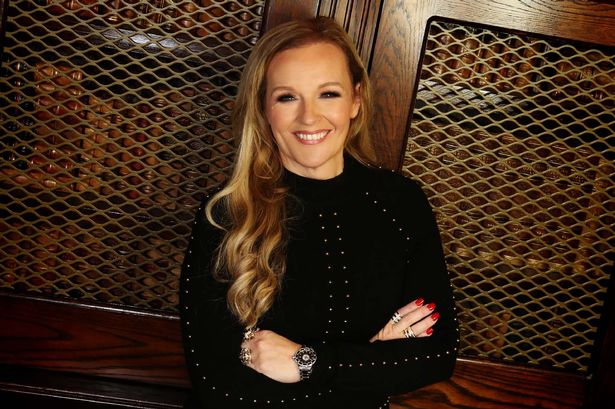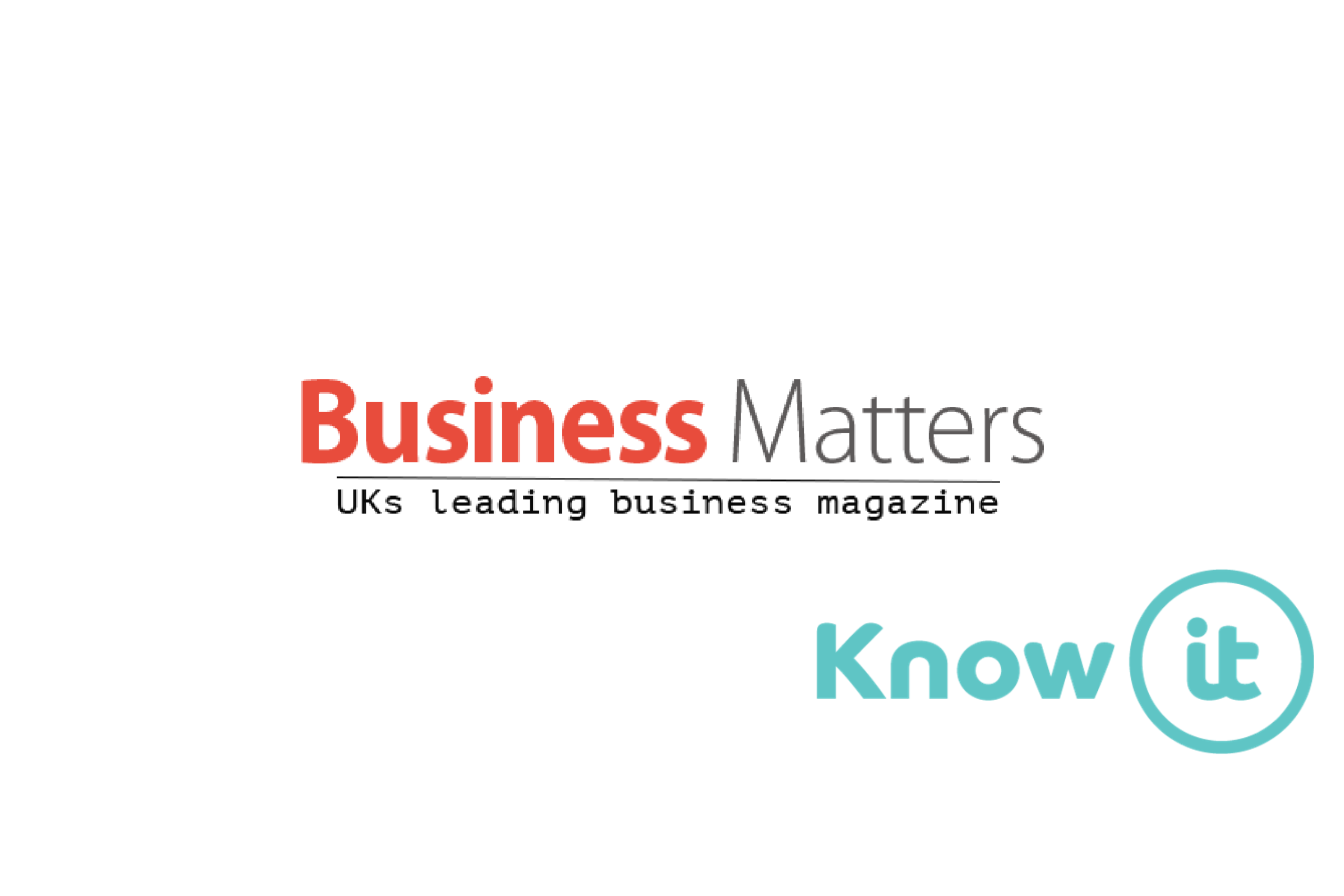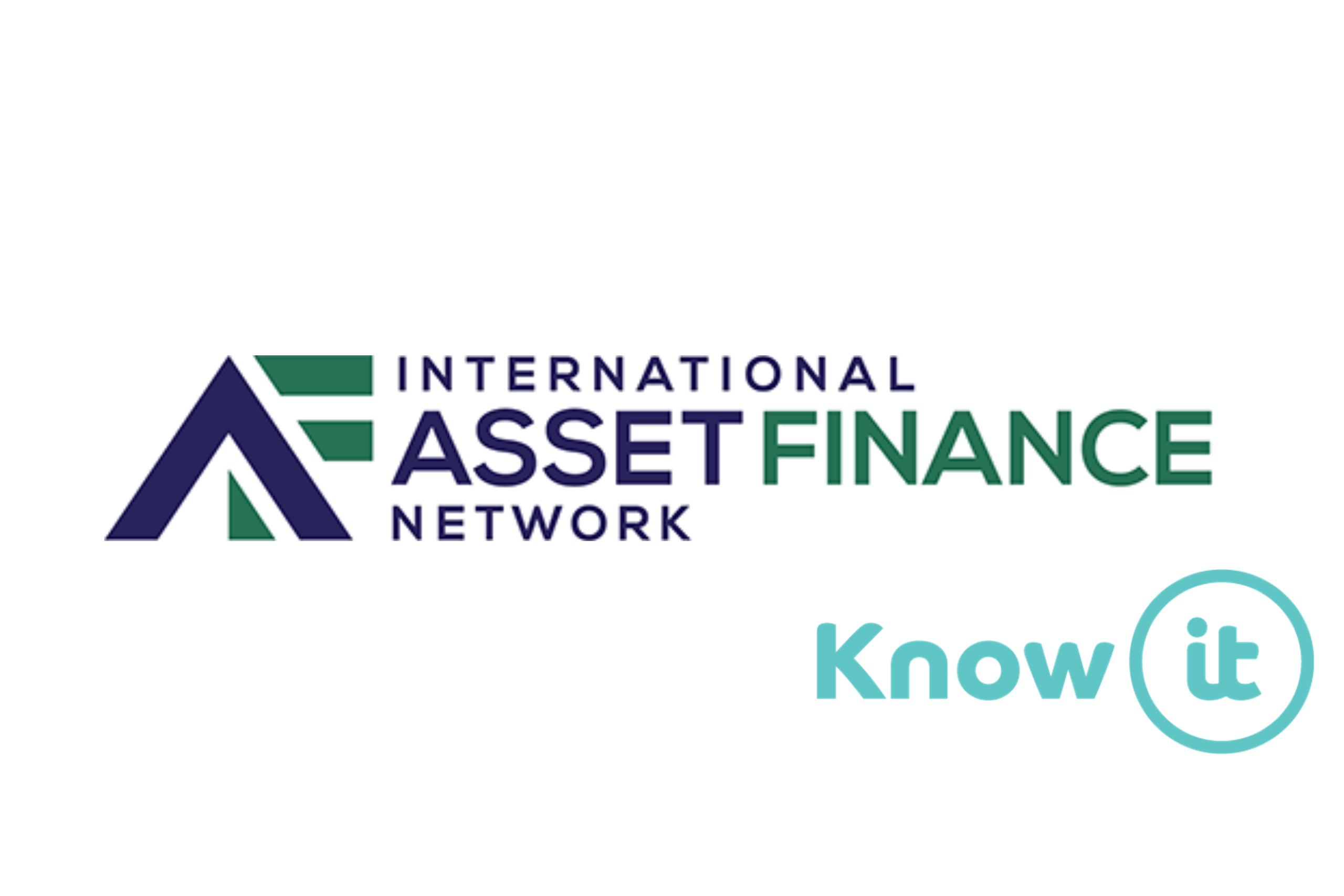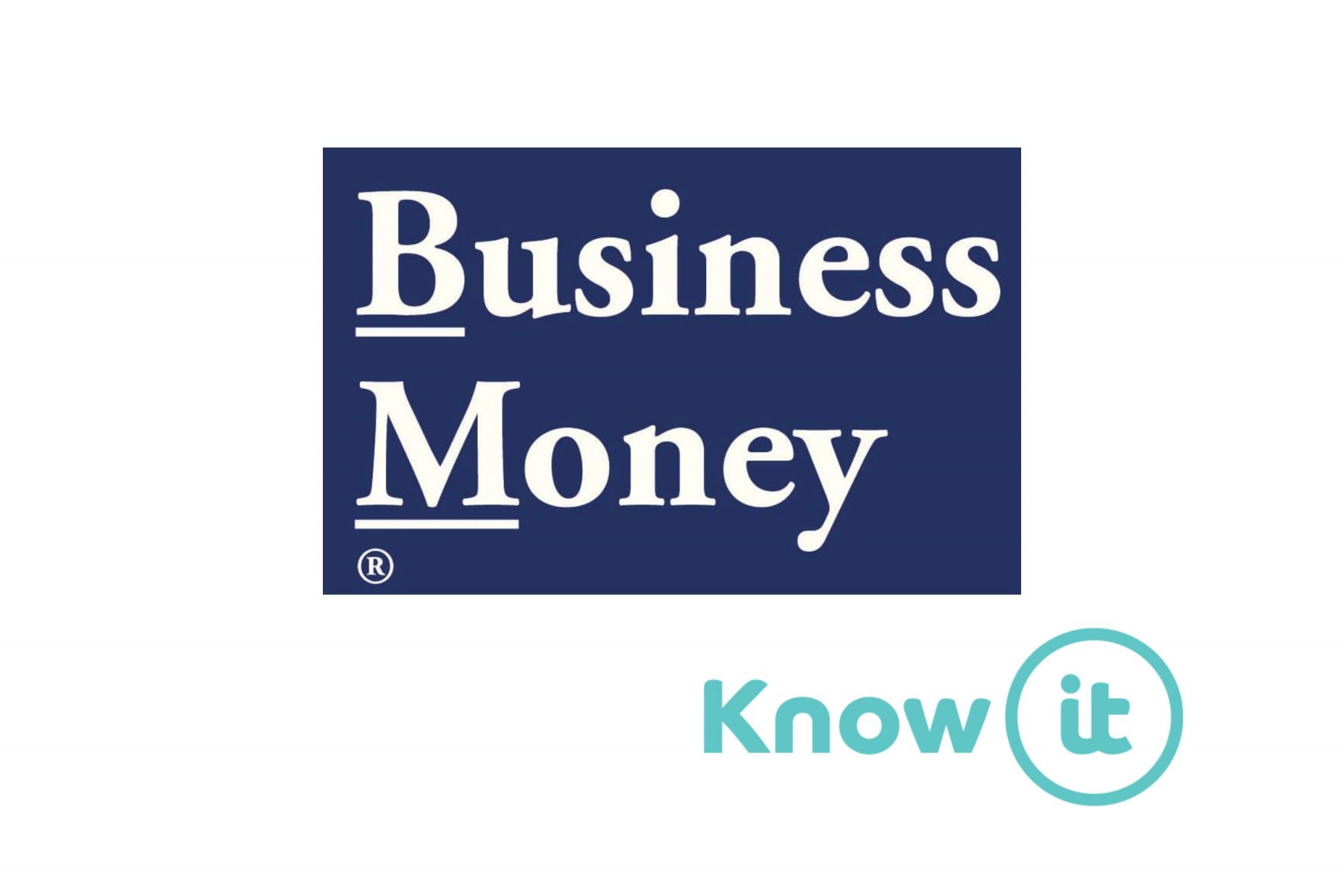Women in business are changing minds… and boardrooms
Find out who made Insider’s 20 Women to Watch list.
The drive to get more equal participation of women in business has taken some steps forward over the past year, according to the latest research.
Women made up more than half of new FTSE 350 boardroom directors last year, although this snapshot of appointments does not suggest that other parts of a commitment to boardroom diversity are being met.
Two-thirds of the board seats were filled by retired executives, as well as those with previous board experience, a figure that is among the highest proportions in Europe.
Executive recruitment company Heidrick & Struggles said UK boards were making significant progression on gender diversity, but had much more to do on ethnic and racial inclusion.
It is also the second year in a row that the UK had more women than men and research published in February from the government-backed Hampton-Alexander Review, suggesting all FTSE 100, 250 and 350 all reached target of women making up a third of boards by the end of 2020.
Looking over a longer time frame, the number of women on FTSE 350 boards has risen from 682 to 1,026 in five years, according to the final report.
Other research released early this year suggested that people’s perceptions of, and attitudes to, women in business are changing. People now picture a woman when they consider an “archetypal entrepreneur”, although this attitude is yet to be reflected in reality.
In a study into implicit bias commissioned by digital bank Starling, 2,000 participants were shown an “identity parade” of all ages and genders and asked to respond in less than three seconds which images could be entrepreneurs.
The image that most people (70%) agreed looked entrepreneurial was that of a young (thirty-something) woman, compared to a little more than half of respondents (57%) indicating the same for a middle-aged man. Younger people were also more likely to see women as entrepreneurial.
This contrasts with reality, where the average business owner is a 51-year-old man, and where only 27% of businesses are owned by women.
However, outdated perceptions |of older people in business were still evident in the study, with images of the over-50s being
selected far less than average.
The research also showed the degree to which entrepreneurial ambition is strong, with more than 1.5 million women across the UK having started their own business in the past 12 months and nearly three times this number harbouring ambitions to start a business very soon.
If attitudes have been moving in a positive direction, the drive for greater participation of women in business has – like most areas of business – been significantly impacted by the Covid-19 pandemic.
Jackie Waring, chief executive of Investing Women Angels, says that the impact of the Covid crisis on women-led businesses has been mixed.
“We’ve seen research from a number of organisations showing how investment in female-founded companies around the world has fallen since the pandemic – this marks a reversal of a trend that had been going in the opposite direction for some years now.
“On a more positive note, in the initiatives run by Investing Women we have seen a significant rise in the numbers of women starting new businesses or growing existing ones on the back of the new digital working model that has developed since the first lockdown.
“For many female founders this has been a mother of invention, enabling new opportunities to pivot and grow an existing business or to start a new venture,” Waring continued. “Digital working is ideal for many women as it provides them with greater flexibility to manage the constant challenge of juggling family and other aspects of life while running and growing a successful business.
“As a result, we’ve seen the development of some fantastic female-led and digitally focused businesses across the country over the last year and a half and I’m confident we will see far more of this going forward.”
Jane Gotts, a founding partner and director of gender consultancy Gen Analytics, says she has real concerns about the effects of the pandemic and believes they may reverse some of the progress that has been made to greater diversity and equality.
“I think the pandemic is going to set progress back in the workplace because of the increased responsibilities borne by many women for home schooling and caring. A lot of women are leaving the workforce because they have taken by far the greatest share of responsibilities for these matters.
“They have faced increased difficulties in working from home and managing their own caring responsibilities – an increasing number of women are saying they just can’t do it.”
Michelle Hawkins, managing director of Accenture Scotland, shares such concerns, particularly in relation to the current position of women in the technology sector.
“Every company is – or is fast becoming – a technology enterprise and it is now well established that women need to be driving innovation as much as men, because if design teams are not diverse, bias inevitably creeps in.
“Yet, despite the great success of campaigns encouraging girls to study STEM subjects, women still only make up 18% of the Scottish tech sector.”
But Hazel Jane, convener of the CanDo Collective, strikes a more positive note, saying she has seen great examples of collaborative working to meet the challenges presented by the coronavirus outbreak.
“Scottish innovation and entrepreneurship have been put to the test since the onset of the pandemic – with many sectors being severely impacted by two nationwide lockdowns and ongoing social restrictions, we have seen many businesses forced to pivot to focus their efforts on new markets.
“During this time, we’ve seen some great examples of collaborative working to promote innovation across a range of businesses, including those that are female-led.”
Insider’s 20 Women to Watch
17. Lynne Darcey Quigley, founder of Know-it


Lynne founded Know-it in 2019 after 25 years’ experience working in the credit management industry.
She put this experience, including more than 14 years running her own commercial debt recovery business, into the digital platform which handles the credit control process of checking, chasing and collecting money from customers in one place.
Launched in April and personally funded by Lynne, the venture is now hoping to attract external investment, after securing trademarks in the UK, Australia, New Zealand and Canada.
This article was first published by Insider.co.uk.

































